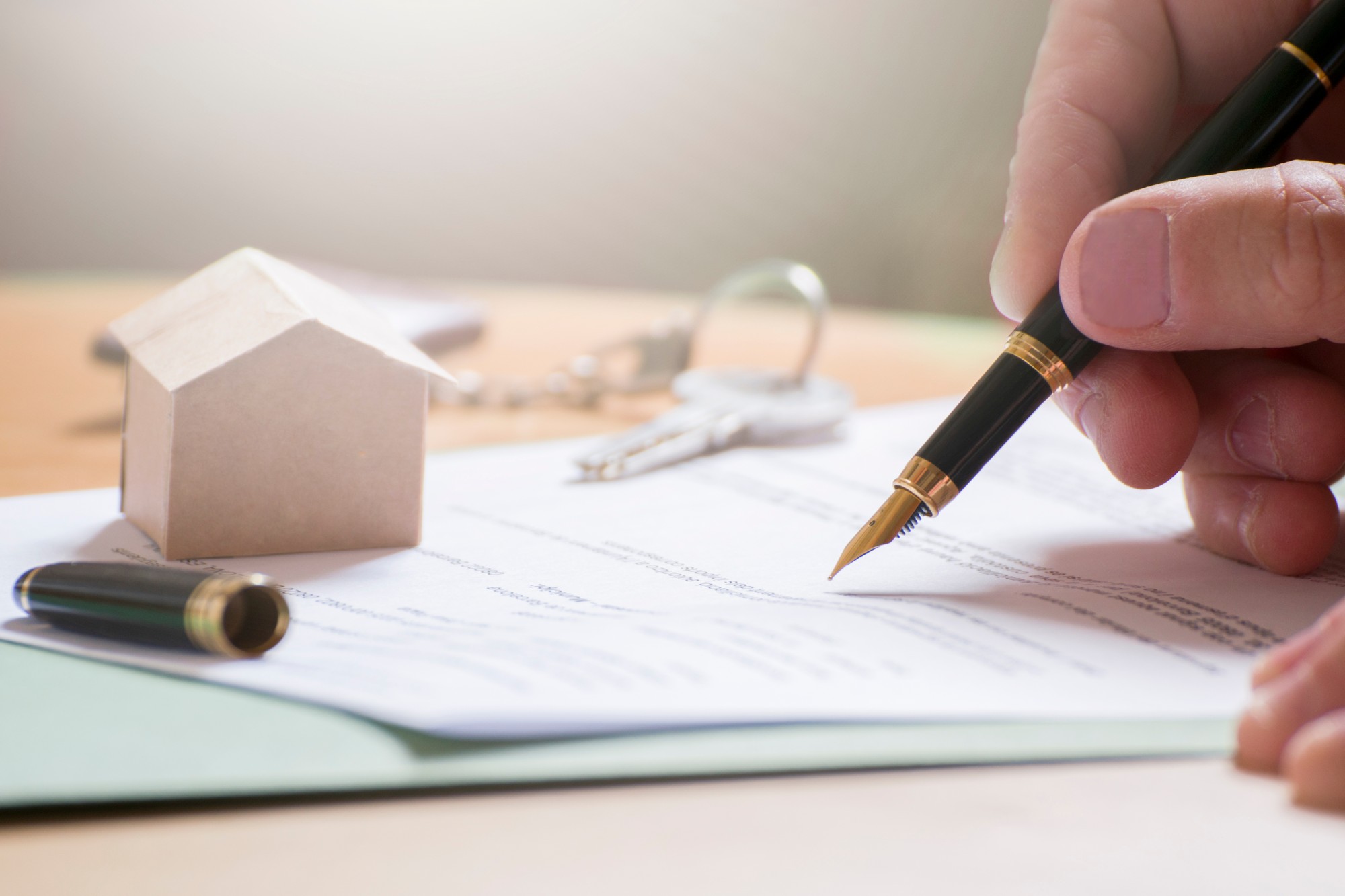There are numerous steps you can take to prevent making mistakes when purchasing your first property, ranging from early KiwiSaver comparisons to researching buyer’s agents.
We understand that there is a lot of information available regarding what you should do during your home-buying process. As a result, we’ve compiled a list of the top mistakes first-time home buyers make so you can avoid them.
Borrowing the maximum amount
When you’re looking to buy your first house, you would not be incorrect to believe it’s a smart idea to see how much the bank is willing to offer you. Once you get this amount, you may rejoice for a minute before proceeding to purchase your ideal home. Then you’re finished, right?
Just because the bank claims it can lend you a particular amount does not mean it is the sum you can actually afford.
Sure, they give you a figure depending on your earnings and financial position. However, you must evaluate how mortgage repayments may affect your present financial condition. It’s a good idea to step back a bit and examine your monthly costs. This might give you a better idea of how much of an impact a mortgage can make in your life.
A decent rule of thumb is to restrict your monthly mortgage payments to less than 30% of your average earnings. If you believe the sum you’ve been approved for is too tough to sustain during the term of the loan (don’t forget how long a house loan can be! ), it may be a hint that you should save some more money and raise your deposit size instead.
It’s also fine to wait a bit longer; this is your trip, and you want to be comfortable every step along the way. It is critical not to overextend oneself.
Not shopping around
Finding the first home that meets your requirements is a thrilling experience. You might envision yourself wandering through the corridors, sleeping in the bedroom, or watching TV in the lounge. However, it is critical that you do not allow your emotions to take over and make a decision before evaluating all of your possibilities.
Use price-finding tools to locate neighbourhoods that may be within your price range, and consult with a reputable local real estate agent to help you narrow your search. You may lose out on the next property if you choose the first one you like.
Neglecting loan pre-approval
Many first-time home purchasers do not get pre-approved for their first mortgage. A pre-approval statement from your bank provides a fantastic beginning point for your budget, and it also makes the purchase appear much more appealing to sellers because they know there is less chance of the deal falling through.
It may take a few days, but receiving a pre-approval letter as early as possible makes the entire procedure much easier.
Holding on to your debt
When it comes to debt, everyone’s situation is unique. The more debt you have, the less money you can borrow. You may, for instance, have a car debt, a college loan, and some credit card bills. Not only may this have an impact on your borrowing ability, but you should consider adding this existing debt to your mortgage obligations. This will almost certainly have an effect on your cash flow.
Not having a Plan B
We all want to believe that everything would go well in life, especially those times that we’ve been anticipating for a long time. Whether you utilise your Plan B or not (we wish you don’t), it’s useful to know what you would do if things do not go as planned.
Your circumstances may change suddenly, causing you to be unable to repay the loan. For example, if you’re buying a house with your significant other, consider what you’d do if something bad occurred to the relationship. It’s critical to understand how you’d make it work.
A great way to ensure you avoid these mistakes is getting expert advice. Gives us a ring and we can help you sort out the do’s and don’ts of buying your first home.


